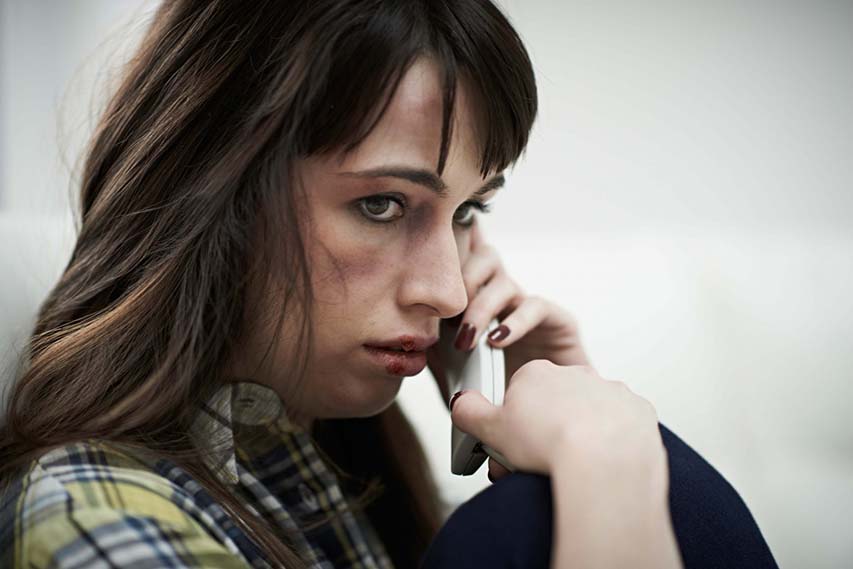Police Concerned Over Level Of Coercive Control in Relationships
Police have received over 100 reports a month of coercive control issues since new legislation has been introduced.
A rising number of domestic abuse offences, with controlling and coercive behaviours are being recorded in Northern Ireland, since new laws came into force in February 2022.
These figures form part of the Police Service’s Domestic Abuse messaging throughout National Domestic Violence Awareness Month, to raise awareness that Domestic Abuse is not just physical, encourage reporting and signpost victims to support available to them.
Coercive control, which is punishable by up to 14 year’s imprisonment, has been a criminal offence since new legislation within the Domestic Abuse and Civil Proceedings Act (Northern Ireland) 2021, came into force in February this year.

To date the Police Service have arrested and charged more than 170 perpetrators of this domestic abuse offence.
Abusers are now being punished in Northern Ireland for subjecting a partner or family member to controlling behaviour such as:
- isolating them,
- exploiting them financially,
- depriving them of basic needs,
- humiliating, frightening or
- threatening them.
Police know that these behaviours often escalate and they are concerned there may still be people out there who don’t understand that how they are being treated at home is domestic abuse, a crime.
Detective Superintendent Lindsay Fisher said: “Statistics suggest that it takes, on average, 35 incidents before a victim will come forward and report to Police. So, we know there are so many people out there who are suffering in silence.
“We will continue to raise awareness of all forms of domestic abuse and encourage reporting. Abusers in these cases are so incredibly manipulative, making their victims believe that what is happening to them is somehow their fault.
“We want to make it clear that domestic abuse, in any form, is never the victim’s fault.
“Not all abuse is physical. Just because a person is not covered in bruises doesn’t mean they’re not being abused.
“If you’re walking on eggshells, or have no control over your own life – this is also abuse and we can help you.”
Domestic abuse can often be hidden in plain sight so the Police are issuing, throughout this month, signs to spot and empowering friends and family of those who may be being abused to report.
Domestic abuse includes:
- threatening, controlling, coercive behaviour,
- violence
- or abuse inflicted on anyone by a partner, ex-partner or family member.
- It can take many different forms, including: Psychological Virtual Physical Verbal Sexual Financial and Emotional.
Domestic abuse is not just physical. Some of the signs you can look out for include:
- Their partner puts them down in front of other people,
- They are constantly worried about making their partner angry,
- They make excuses for their partner’s behaviour,
- Their partner is extremely jealous or possessive,
- They have unexplained marks or injuries,
- They’ve stopped spending time with friends and family,
- They are depressed or anxious,,
- Or you notice changes in their personality,
You may be a neighbour who may have seen or heard:
- Threatening and intimidating arguments, which may involve violent language or escalate to smashing up the furniture.
- Arguments where the partner blames the other for their actions, saying they are ‘asking for it’ or deserve the abuse.
- Individuals with bruising or other visible marks, which may have been caused by physical abuse.
You can report to Police by calling 101, or in an emergency call 999. If you’re calling 999 for help, but too afraid to speak, dial 55 on your mobile phone when calling in an emergency and the operator will know that you need to be put through to police.
A 24-hour Domestic and Sexual Abuse Helpline is also available to anyone who has concerns about domestic or sexual abuse, now or in the past.
The number to call is 0808 802 1414.
You can find further information, including the warning signs of Domestic Abuse here:


























